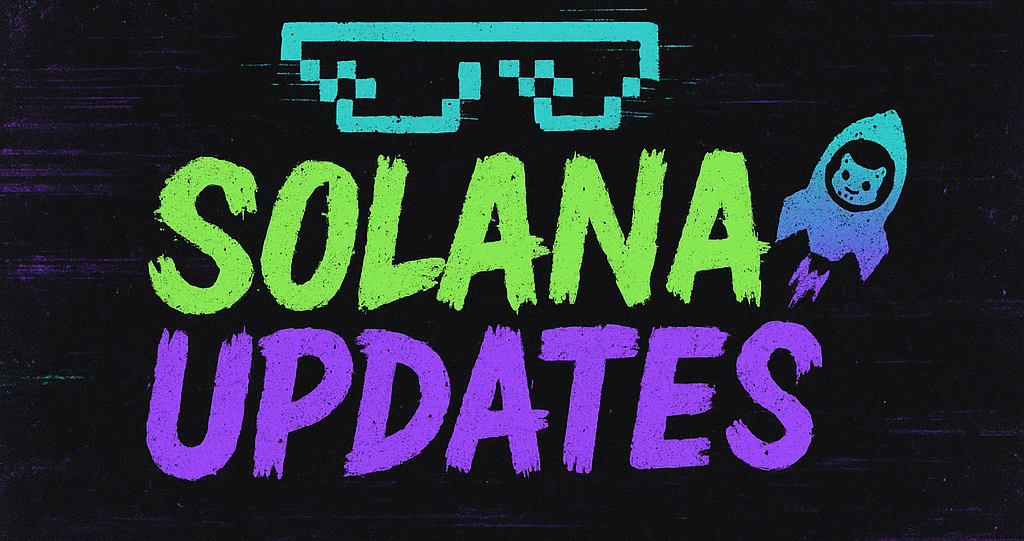US Treasury’s OFAC Imposes Sanctions on Garantex Once More
In a move that underscores the ongoing scrutiny of digital currency platforms, the U.S. Department of the Treasury’s Office of Foreign Assets Control (OFAC) has imposed sanctions on the cryptocurrency exchange Garantex for the second time. This latest action highlights the U.S. government’s persistent efforts to regulate and monitor digital financial transactions that may support illicit activities.
OFAC, responsible for enforcing economic and trade sanctions based on U.S. foreign policy and national security goals, initially added Garantex to its list of Specially Designated Nationals (SDN) in April 2022. The inclusion on the SDN list marked Garantex as a significant concern, particularly in relation to its alleged facilitation of illegal activities, including ransomware payments and the laundering of proceeds from cybercrime.
Renewed Sanctions and Their Implications
This latest round of sanctions suggests that Garantex has continued operations that are deemed problematic by U.S. authorities, necessitating further action. According to OFAC, the decision to sanction the exchange again comes after a comprehensive investigation revealed ongoing compliance issues and a failure to adequately address previously identified risks.
The repercussions of being sanctioned for the second time are severe. Garantex is now subject to additional restrictions that limit its ability to access the U.S. financial system. These measures are designed to isolate the exchange from participating in any transactions that involve U.S. entities, thereby constraining its operational capabilities and curbing its global reach.
The Broader Context of Crypto Sanctions
Garantex is not an isolated case. The cryptocurrency landscape has seen increased regulatory attention, with the U.S. Treasury and other international bodies striving to clamp down on digital platforms that potentially enable illegal financial activities. The sanctions against Garantex are part of a broader strategy to safeguard the financial system from exploitation by malicious actors.
Cryptocurrency exchanges, due to their digital nature and cross-border operability, have become attractive targets for cybercriminals. As such, regulatory bodies are continually evolving their approaches to deter and disrupt illicit activities facilitated through these platforms.
Industry Reaction and Future Prospects
The renewed sanctions against Garantex have prompted a wave of reactions from within the cryptocurrency industry. Some stakeholders express support for stringent regulatory measures to enhance the credibility and security of the digital financial ecosystem. Others, however, argue that overly aggressive sanctions could stifle innovation and push legitimate actors out of the market.
For Garantex, compliance and cooperation with regulatory bodies appear to be the only viable paths forward if it hopes to resume normal operations and restore its reputation. The exchange will need to implement robust anti-money laundering (AML) protocols and work closely with international regulators to address the concerns that led to its sanctioning.
In conclusion, the OFAC’s decision to sanction Garantex for the second time highlights the challenges and responsibilities faced by cryptocurrency exchanges in today’s regulatory environment. As the industry continues to mature, balancing innovation with compliance will be crucial to achieving sustainable growth and fostering trust among users worldwide.
🛒 Recommended Product: Check out top-rated crypto gear on Amazon


